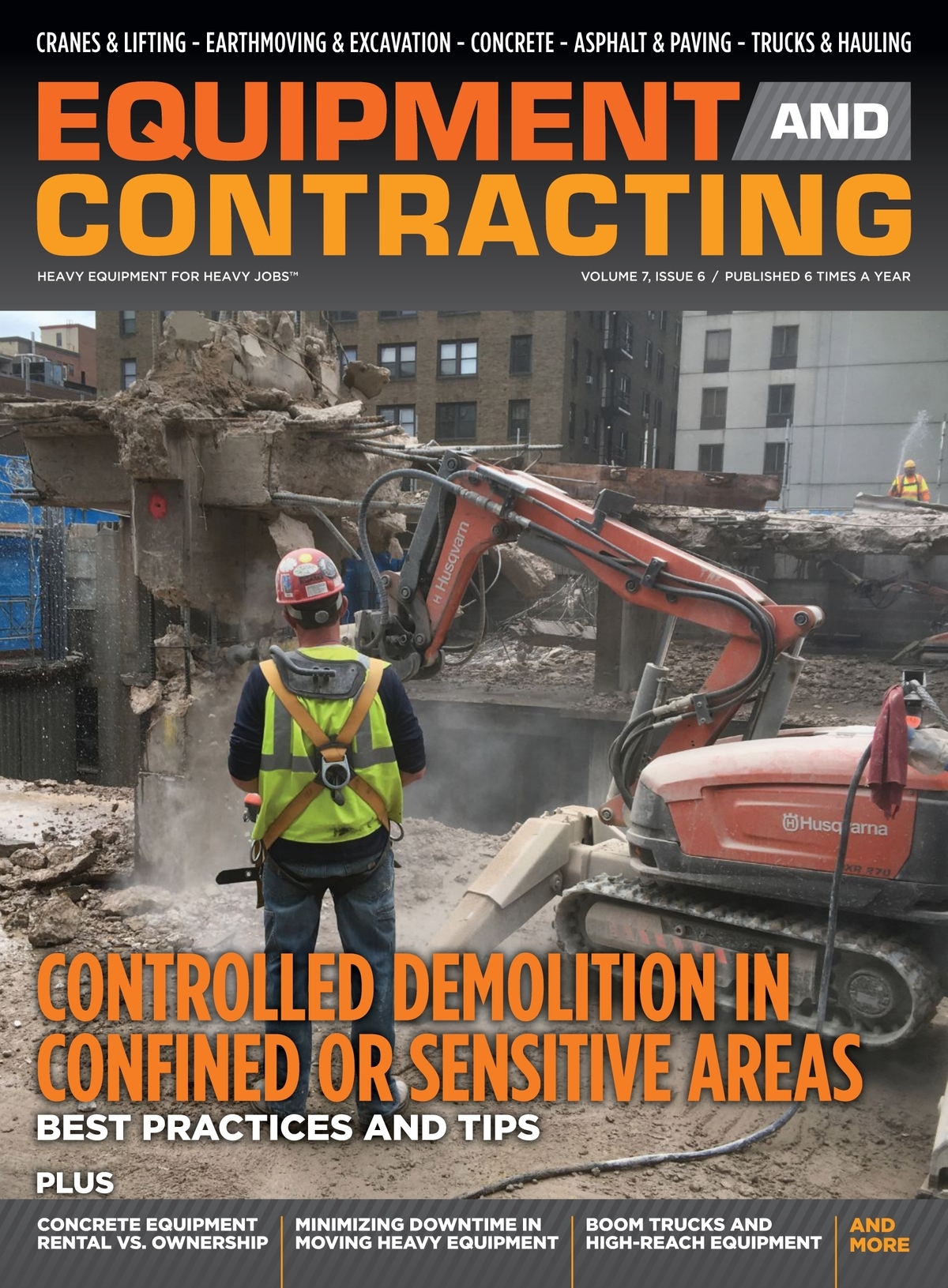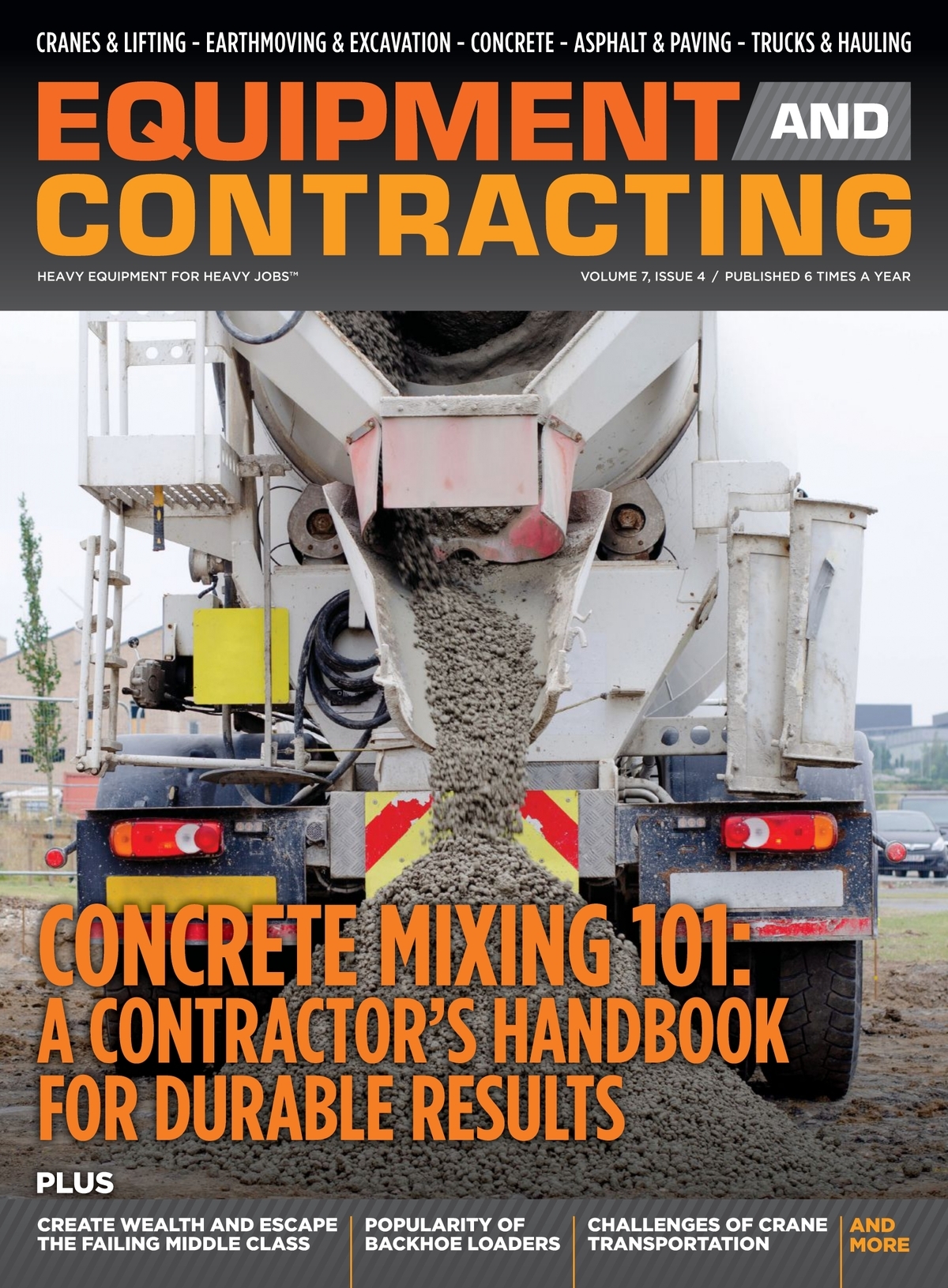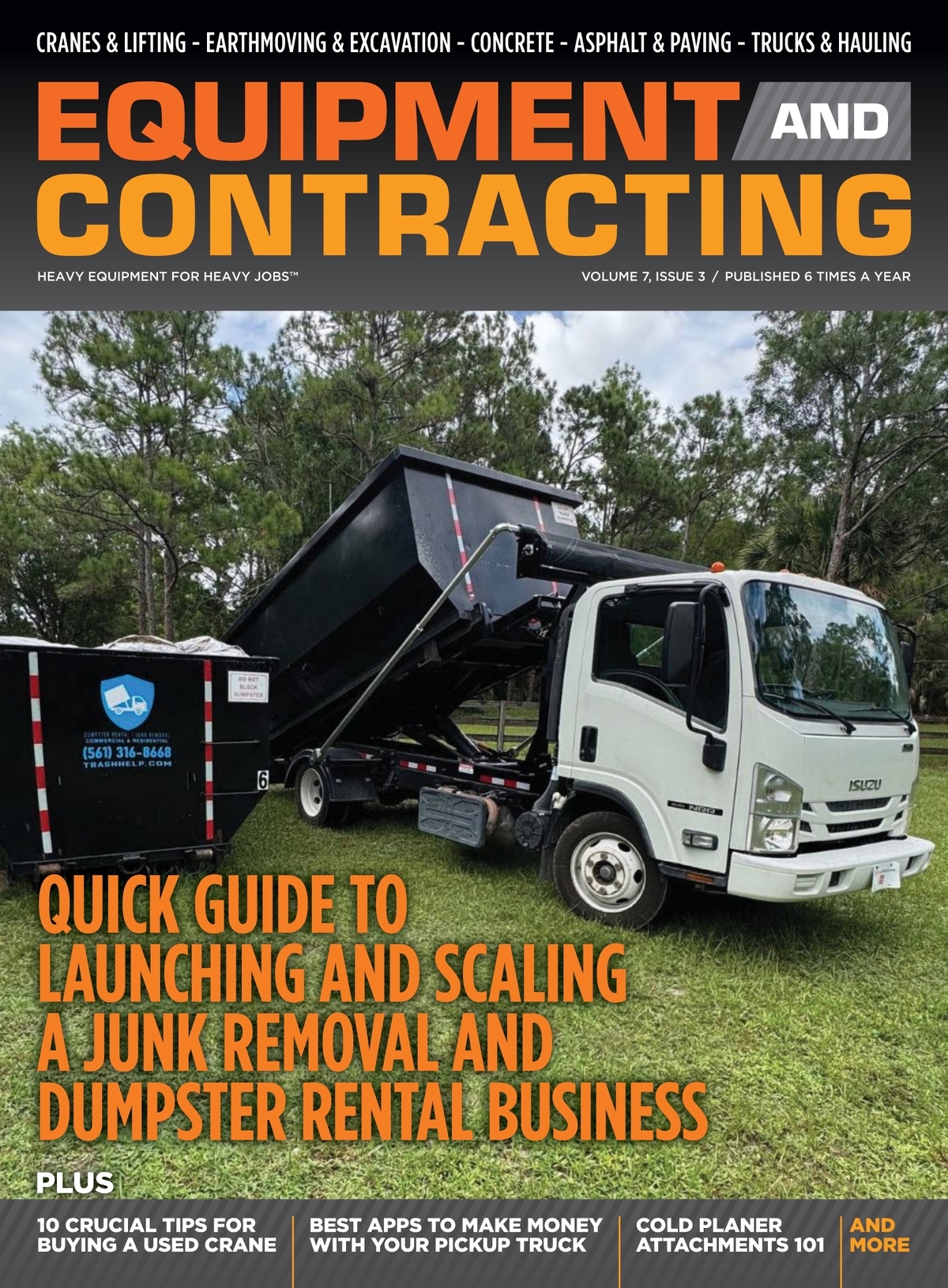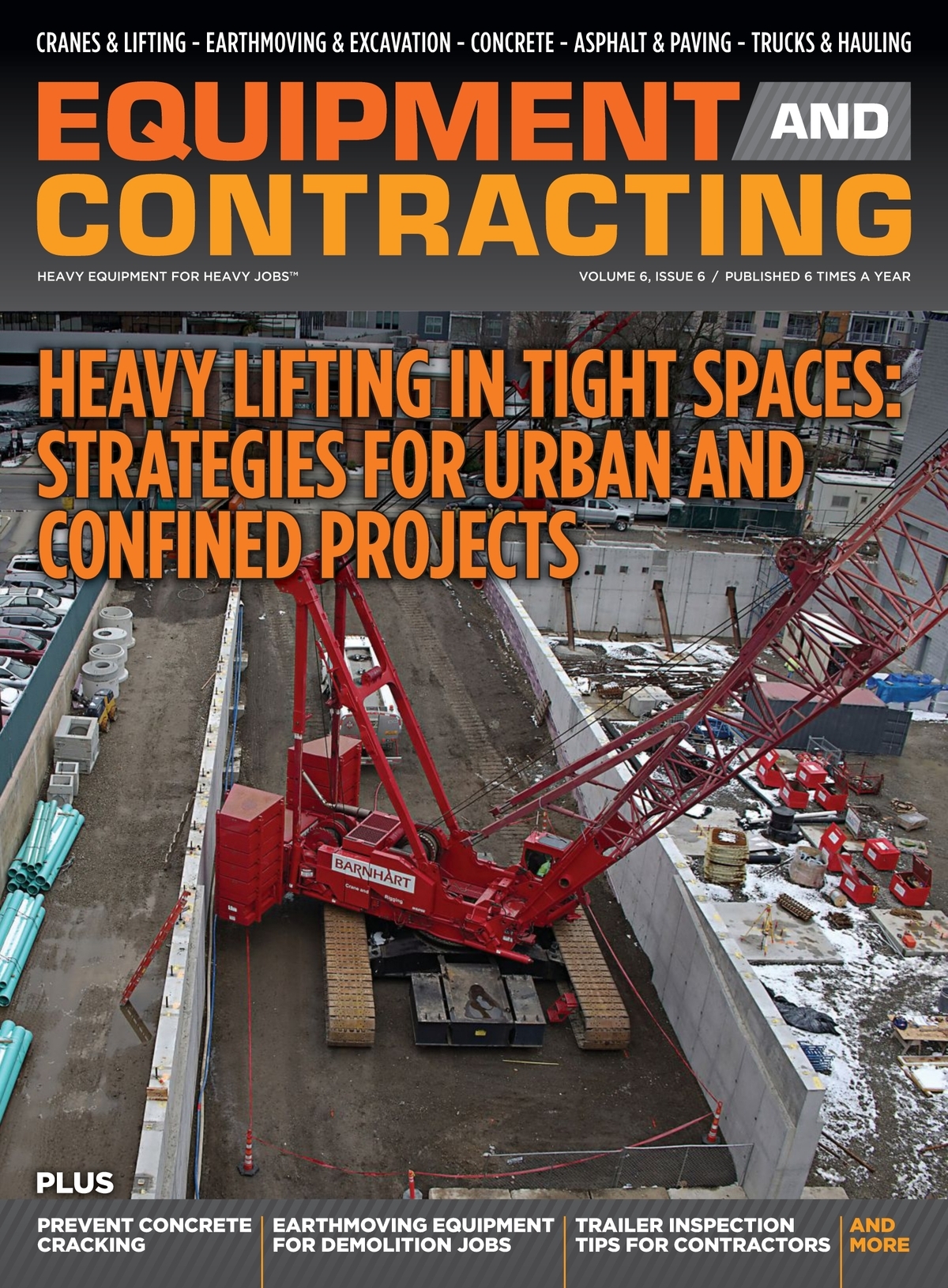
Whether it’s residential, commercial, or industrial construction—an efficient procurement program is essential to achieve solid profits in a construction project.
We’re going to explain in further detail, but—generally speaking—the goal of the contractor’s procurement plan is to purchase the highest-quality materials at the right quantity, time, and price.
What Exactly is Procurement?
What is “procurement”?
Procurement is the process of securing products and services needed to complete a construction project on time and within budget.
The typical procurement process involves:
- Identifying the project’s requirements
- Evaluating supplier options
- Choosing the best choice among competing suppliers
- Negotiating and signing contracts with suppliers
- Material delivery
- Maintaining good relationships with all parties involved in the procurement process
What happens if you don’t have a reliable procurement process in place? The most common consequences include:
- Overpaying for materials
- Purchasing the wrong materials
- Excess ordering of materials
- Materials arriving late to the project
- Failure to track materials may result in price fluctuations
For these reasons, you sure don’t want to neglect material procurement on any of your projects.
Procurement Responsibilities
Most contractors rely on a procurement manager to handle all procurement matters. Whether it’s a single person or team, the procurement manager oversees logistics—including budgets, purchases, bidding, and schedules.
The specific responsibilities of a procurement manager include:
- Project supervision: In addition to acquiring materials and services, procurement managers may also be responsible for contract management, change orders, submittals, evaluations, and overall project performance.
- Deadlines and resource management: It’s crucial that the contracting team has what it needs to avoid delays in construction. For that reason, procurement managers must carefully create schedules for both materials and teammates.
- Evaluating Bids and RFPs: During the evaluation of bids and request for proposals, it’s necessary for the procurement manager to consult on building materials and other appropriate costs.
- Creating a procurement plan: The procurement manager’s plan must consider changes in deliveries, the schedule, and even the project scope. To accomplish this, the best procurement plans include a contingency that is prepared for even the worst scenarios that hinder the supply chain.
Material procurement is like an artform and a master procurement manager has the following qualities:
- Excellent with communication
- Strong negotiator who saves money whenever possible
- Takes punctuality very seriously and is rarely—if ever—late
- Constantly minimizes risk—whenever possible
- Diligent and focused on detail—never cutting corners or being lazy
The Benefits of Effective Procurement
Procurement is essential for the success of both the construction and design phases. The consequences of a weak procurement system will cost you both time and money—time and money that you can’t afford to lose during a project.
However, when procurement is executed properly—this is where solid profits are secured.
Some of the specific benefits of proper procurement include:
- Budget: Procurement ensures that spending is done efficiency—without any unnecessary purchases. And if you have a dedicated procurement team who isn’t afraid to get their hands dirty, this will also eliminate the harsh bargaining process for the client and others who don’t want to be involved.
- Risk: Procurement ensures that goods and services are delivered on time, minimizing the risk of project delays—a serious concern on any project.
- Timing: Especially when procurement begins during the design phase of the project—procurement increases the overall speed of the project—due particularly to the timely delivery of the right materials at the right time.
Tips for Effective Procurement
Before we conclude this lesson, we want to leave you with some tips to ensure effective procurement on your future projects:
- Begin procurement at the design stage: We find that the contractors who are the best at procurement start during the design phase. The more prepared you are and the earlier you start the procurement process, the better—especially when it pertains to establishing relationships and trust with suppliers.
- Use “preferred suppliers:” Establishing trust and a working history with vendors is essential. And once these “preferred suppliers” are designated, it’s important that your procurement team is utilizing these suppliers—and not just choosing suppliers based on convenience and “who they like.”
- The lowest cost is just the beginning: Getting the lowest price for materials is essential, but it’s not everything. It’s crucial that you’re also getting the right On top of that, while pricing—even in the early stages—consider other factors including material reliability, transportation, and storage.
- Procurement managers and other staff: The small contractors may not need a procurement manager, but it’s highly recommended that larger contractors utilize a designated procurement manager. On top of that—you may even want to consider additional staff as well, which can handle other tasks like administrative duties and even visiting jobsites to confirm the delivery of materials.
- Monitoring and rebates: It’s essential that you are regularly keeping track of how much is spent with each supplier. And—when it comes to potential rebates—get rebate agreements in writing whenever possible. And—remember—you can’t assume that suppliers will notify you when the necessary amount of volume is reached. You need to be proactive.
View the complete article here.
What is the procurement process in construction, and why is it crucial for project success?
Procurement in construction involves securing products and services, including identifying project requirements, evaluating suppliers, negotiating contracts, ensuring timely delivery, and maintaining good relationships, crucial to prevent overpaying, wrong material purchases, delays, and cost fluctuations.
What are the responsibilities of a procurement manager in construction, and why is effective procurement beneficial for a construction project?
A procurement manager oversees logistics, budgets, purchases, bidding, and schedules, ensuring project supervision, deadlines, resource management, bid evaluations, and comprehensive procurement plans, leading to efficient spending, risk minimization, and timely project completion.














































